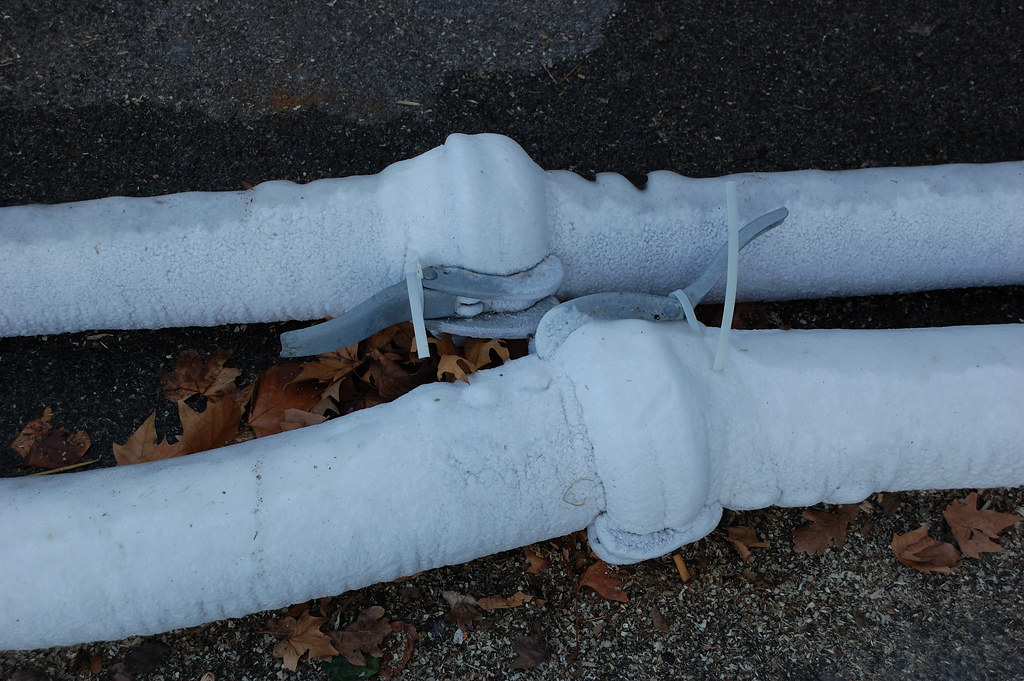
Does Homeowners Insurance Cover Damage from Frozen Pipes?
Frozen pipes are a common winter hazard for North Carolina homeowners, especially during the colder months when temperatures can drop unexpectedly. Understanding how homeowners insurance covers damage from frozen pipes can save you time, money and stress.
What Does Homeowners Insurance Cover?
Generally, most standard homeowners insurance policies may cover damage caused by burst pipes, including water damage to floors, walls, ceilings and personal belongings. However, the key is whether the damage was accidental and unavoidable.
For example, if your heating system was operational and you took reasonable steps to prevent freezing, but your pipes still burst, your insurance policy may cover the damages. Be sure to read your policy carefully to understand your specific coverage terms.
What isn’t Covered?
If you neglect routine maintenance or fail to heat your home adequately, insurers may deny your claim.
For instance, if you leave your home unoccupied for an extended period during winter without shutting off the water supply or draining the pipes, the damage may be considered preventable, and the claim could be denied.
Policies may also exclude coverage for pipes outside the home, such as outdoor faucets or plumbing in detached garages.
What Else Should be Considered?
North Carolina insurance laws do not mandate specific frozen pipe coverage, but state insurers must act according to general policy terms and conditions. Review your policy’s “dwelling coverage” and “personal property coverage” sections to understand the specifics.
Consider the following steps to help protect your home:
- Wrap exposed pipes with insulation or heat tape.
- Keep your thermostat at a consistent temperature, even when away.
- Let faucets drip, as allowing water to flow can prevent freezing.
- Close cracks and gaps in walls or windows to keep cold air out.
Taking these steps can reduce the likelihood of frozen pipes and ensure your insurance claim is valid should the unexpected occur. Contact Eastern Carolina Insurance to clarify your policy’s terms and ensure you’re adequately protected this winter.
This blog is intended for informational and educational use only. It is not exhaustive and should not be construed as legal advice. Please contact your insurance professional for further information.
Categories: Homeowners Insurance
